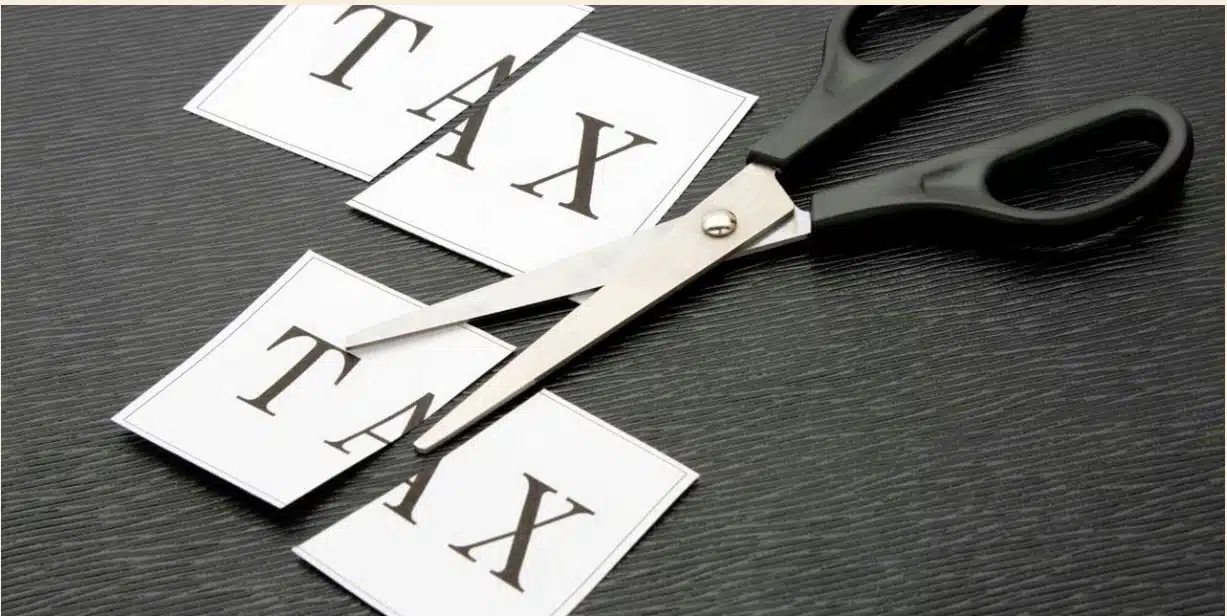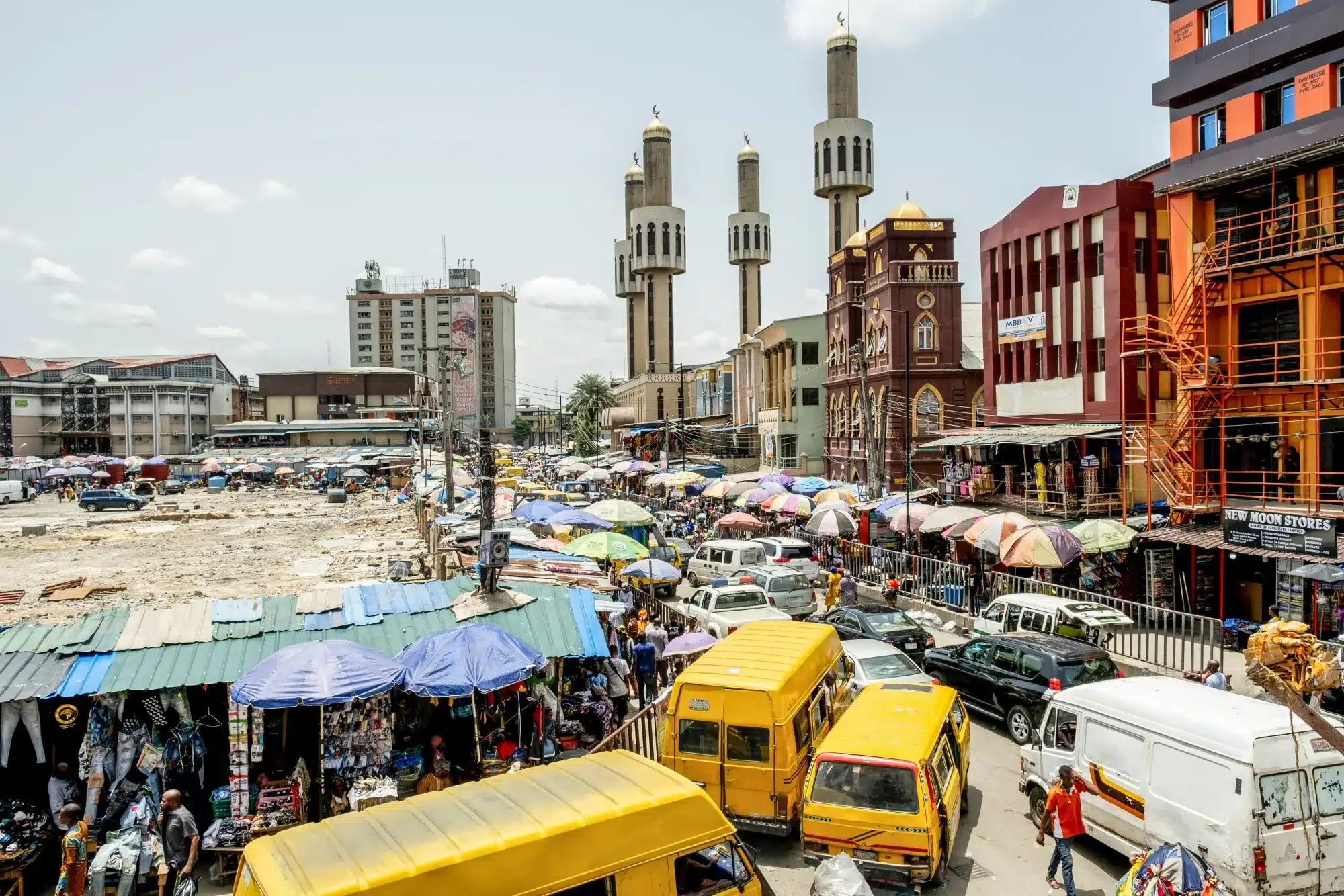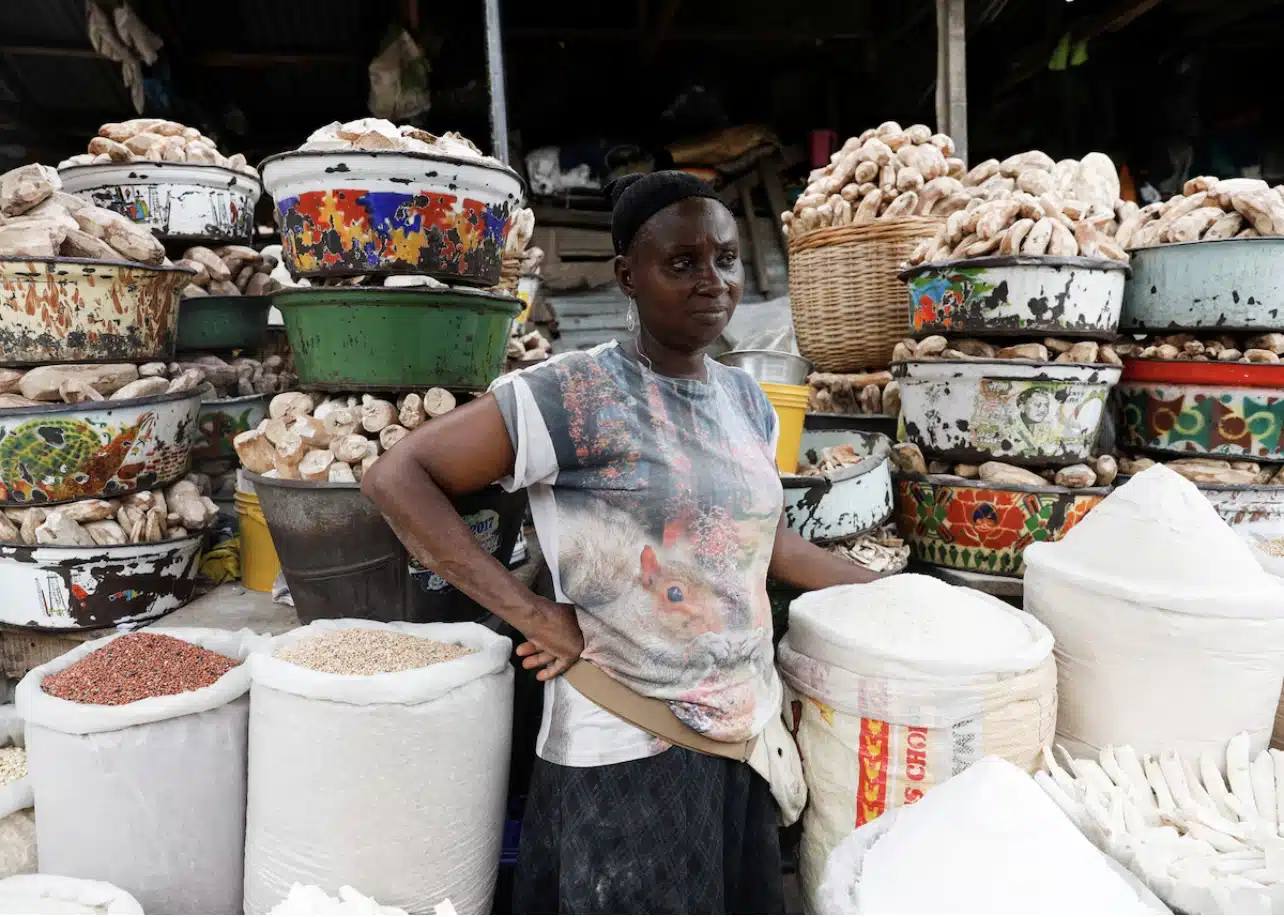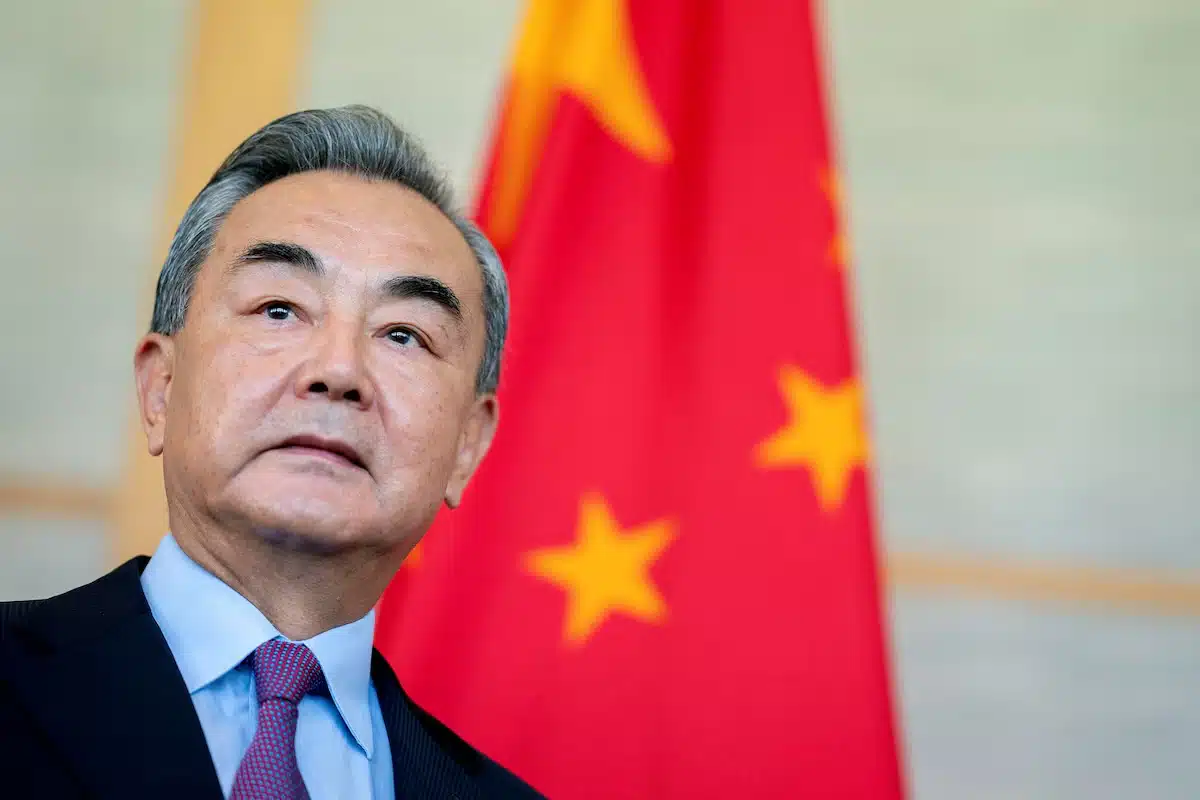Kenya’s private sector showed signs of recovery in August 2025, edging closer to expansion as business confidence climbed to a two-and-a-half-year high.
The country’s Purchasing Managers’ Index (PMI) rose to 49.4 from July’s 12-month low of 46.8, signalling the softest contraction in operating conditions, Stanbic Bank’s latest survey revealed. A reading above 50 indicates growth, while below 50 shows contraction.
“The Stanbic Bank Kenya PMI pointed to a near recovery in business conditions across the private sector in August, after July data signalled that business activity was heavily dented by weak sales and protest-led disruption,” the bank said in the PMI report on Wednesday.
This marks the highest level since May.
The improvement came despite mounting price pressures. Annual consumer inflation quickened for a second straight month, reaching 4.5% in August, the highest since June 2023, from 4.1% in July, according to official data.
Softer declines in activity
The survey data showed that output, new orders, and purchasing all fell at slower rates, while inventories returned to growth and employment expanded for a seventh month running. Job creation, though mild, was the fastest in 15 months.
“New orders received by Kenyan businesses fell for the fourth month running in August,” the report said. “However, the rate of decline softened markedly and was the slowest recorded in this period.”
Christopher Legilisho, Economist at Standard Bank, said employment conditions supported increased hiring, but pointed out that backlogs declined for a third month in a row, suggesting that demand remains fragile.
While some firms continued to report weak client purchasing power, others cited a pick-up in new business and a recovery in activity following months of protest-related disruption.
This translated into a more modest fall in output and a softer reduction in input purchases, allowing inventories to rise slightly after falling in July.
Vendor performance also improved, with delivery times shortening at the fastest pace since October 2021.
Rising costs but modest pricing
Firms saw another sharp rise in input costs, though the pace of inflation eased for the first time in five months. Higher wage bills, driven by salary adjustments to counter rising living costs, were a key driver.
“Output prices were increased only modestly,” Legilisho said. “However, there was a notable rise in wage costs due to salary adjustments … implying that inflation is rising against the backdrop of subdued aggregate demand.”
Some companies also flagged higher expenses tied to recent tax changes, including levies on fuel.
Still, output charges increased only marginally, marking the smallest rise in 12 months as firms sought to stimulate demand.
Confidence at a 30-month high
Business optimism strengthened markedly, with expectations for future output hitting their highest level since February 2023.
Companies said they were banking on new marketing efforts and product diversification to support growth.
“Firms, especially in manufacturing, are more upbeat about output over the next 12 months, which should imply healthier business activity in the coming months,” Legilisho added.










